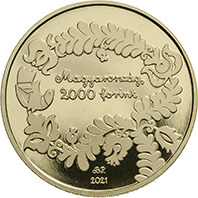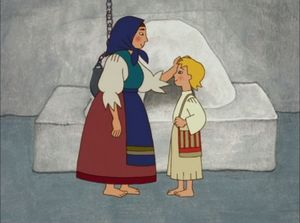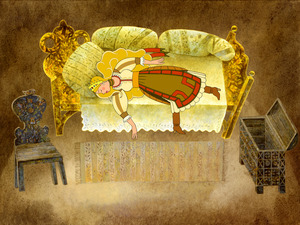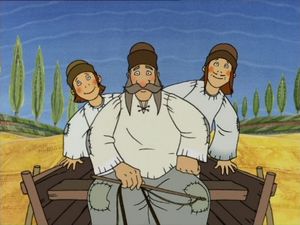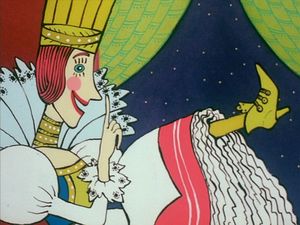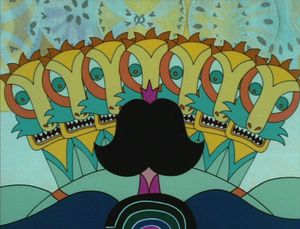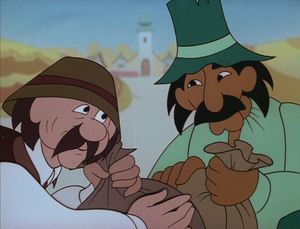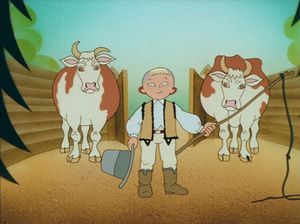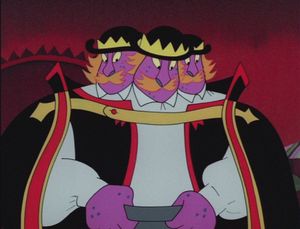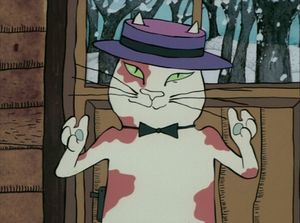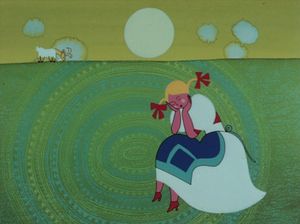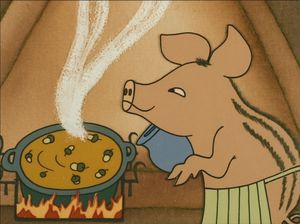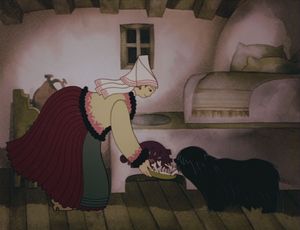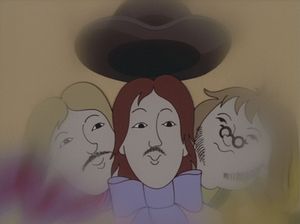Hungarian folk tales commemorative coin: The Giant Tree
This year, the Magyar Nemzeti Bank is launching a new series of commemorative non-ferrous metal coins depicting Hungarian folk tales, following the declaration of the entire series as Hungaricums last autumn. The commemorative coins will focus on the values of the cartoon series, evoking its distinctive imagery and highlighting the symbols and folk motifs that permeate the folk tales. It is for this reason that the MNB (Hungarian National Bank) is planning a series of 7 coins in the spirit of the fairytale number 7, starting this year with a non-ferrous metal coin depicting the fairytale The Giant Tree.
It is planned to add a new coin to the series every year, not only to bring the wonderful world of folk tales to more age groups, but also to pay tribute to all the creators. The commemorative coin issue is also a tribute to Marcell Jankovics, who died this year. The commemorative coin was designed by Boglárka Imre.
The obverse of the commemorative coin was inspired by the title of the Hungarian folk tales series, inspired by the first lines of János Arany's "Rege a Csodaszarvasról" (A tale of the Miraculous Hind): "The bird flies, and the song flies, and the mouth flies. A dove rests on the left side of a stylised folk art floral motif running in a characteristic circle. The richly decorated motif is complemented by the obligatory elements of commemorative coins: the inscription "Hungary" in handwritten letters in the centre, the value mark "2000 forint" and the inscription "BP." and the year of minting '2021'.
The Giant Tree commemorative coin
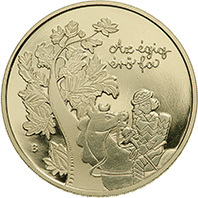 |
The reverse of the commemorative coin shows a half-length depiction of the fairy-tale protagonist, the swine shepherd turned prince, on a horse with a tall tree in the background. The medal is completed by the inscription "The Tree Reaching to the Sky" in handwritten letters, which represents the title of the fairy tale. Below, to the left of the central motif, is the master mark of the metalworker and designer Boglárka Imrei.
(source: mnb.hu)
